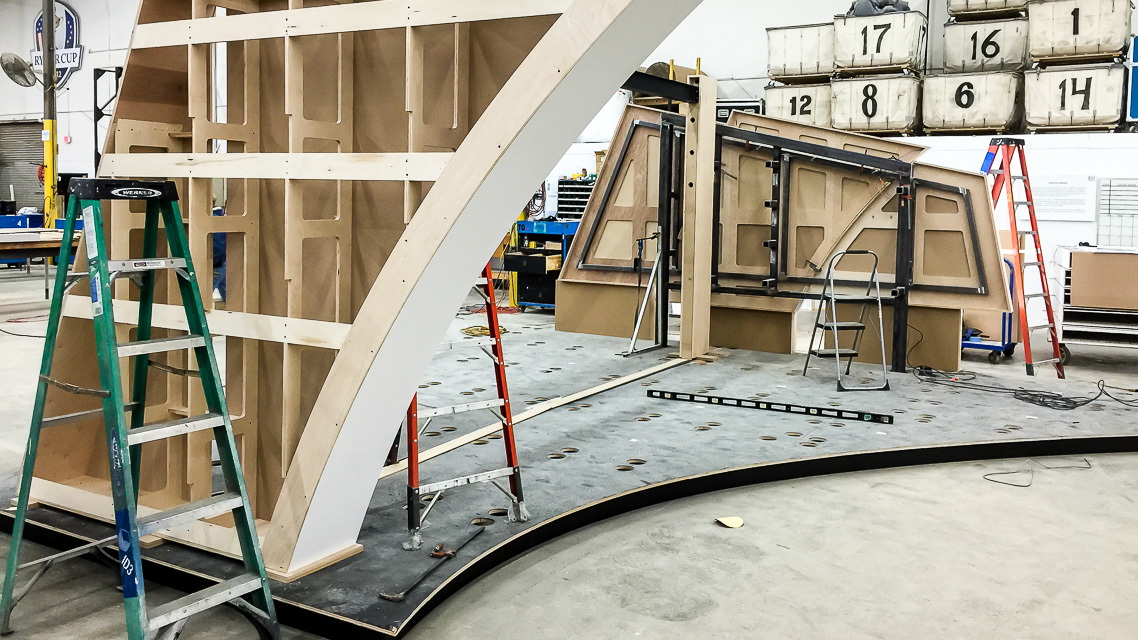The Covid-19 pandemic has produced Africa’s future large investment decision prospect

The African health and fitness tech sector is booming, many thanks in section to amplified chances introduced by the Covid-19 pandemic.
The quantity of health and fitness tech startups that have been funded in modern years has enhanced considerably, and so has the amount of funding. Funds for well being tech startups amplified by 257.5% from 2019 to 2020, according to a report by Disrupt Africa, a web-site for news on African tech startups.
Although fintech is still getting up the bulk of the funding, health and fitness tech is catching up, the report reveals. Disrupt Africa’s report excludes companies that are spin-offs of corporates or other big entities.
Spotlight on health tech innovators
Six of the 30 startups featured in an inaugural checklist revealed by the Yale Africa Startup Assessment last 7 days were in health tech, the most of any class. An alumni and scholar-led publication showcasing founders and startups “shaping the potential of Africa with entrepreneurship,” the checklist incorporated Egypt’s Chefaa, South Africa’s RecoMed, and Malawi’s Apex Healthcare Laboratories.
All through the pandemic, traditional health care companies responded to the outbreak by altering their models, and adopting new tech solutions this sort of as digital healthcare platforms. Wellness health care startups did the exact.
“The hole in healthcare solutions in Africa is big, leaving behind increasing chances for health-tech startups to fill,” Dr Rasha Rady, co-founder and COO of Chefaa, tells Quartz. The GPS-enabled platform makes it possible for patients to buy, plan, and refill prescriptions and other pharmaceutical demands. “After [the] Covid disaster, the function of overall health tech startups in narrowing that gap was apparent, confirming value propositions, and diminished financial commitment chance.”
The position of wellness tech startups in narrowing the health care hole was clear, confirming benefit propositions, and lowered expenditure hazard.
Several African countries executed demanding lockdowns and movement limits when Covid-19 struck, raising the uptake of virtual or remote well being tech expert services.
Chefaa’s orders have risen nearly 300% considering that the onset of the pandemic, Rady suggests, as end users look for to get their medicine properly.
Healthcare stakeholders adopt tech
With numerous people compelled keep at residence, “traditionally laggard” health care stakeholders, such as health professionals and hospitals, were being compelled to change to wellbeing tech platforms, suggests Sheraan Amod, the founder and CEO of RecoMed, an on-line health care market and scheduling platform.
“Practically right away, the sector desired to rethink how it drove accessibility to, shipping and delivery, and in general management of health care,” he claims.
An additional element enabling the expansion of Africa’s wellness tech sector is a recognition of the function of the private sector in wellbeing in sub-Saharan Africa, where health is mostly the subject matter of authorities regulation and guidance, states Kundai Moyo, co-founder and functions director of Apex Health care Laboratories. The startup provides cellular specimen selection for clinics and sufferers and processes the outcomes in mobile labs, using electronic wellbeing devices. Persons send exam requests to the lab on WhatsApp or make mobile phone calls.
Basically right away, the market necessary to rethink how it drove access to, shipping, and overall management of healthcare.
With emerging ailments, especially Covid-19, Moyo says, there is a realization that the private sector has also a position to perform in well being.
“Everyone often imagined that the wellness sector must be still left to the federal government,” she suggests.
Potential for favourable disruption
Sharon Mwale, co-founder of the Yale Africa Startup Evaluation, states well being tech can positively disrupt Africa’s healthcare by assisting the continent “leapfrog” what industrialized countries are equipped to do. She cites M-Pesa, a Kenyan banking mobile banking assistance, as an illustration of a product innovation that disrupted classic banking in this way.
“We can skip as a result of the center items of incremental improvements and technology integration and get to the place exactly where this is gonna be seriously effective and genuinely helpful for patients as very well as customers in advance of they turn into patients,” Mwale claims. “We do not have to go via that procedure of trying and fixing,” she adds. “A good deal much more folks are fascinated in that type of innovation, and investing in that area.”
Signal up for the Quartz Daily Temporary, our free of charge day-to-day newsletter with the world’s most significant and intriguing news.
A lot more stories from Quartz:








